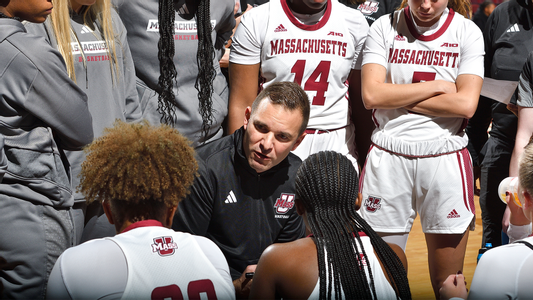Guiding the Way: Insights for First-Time Head Basketball Coaches
Taking the helm of a program can be an exhilarating move for first-time head coaches. It’s the moment to make an indelible mark on a team and chart its course.
However, it can also be a daunting experience for those with unanswered questions about program management, strategies, and staff.
This summer, we sought insights from experienced head basketball coaches for their advice to those stepping into the head coaching role for the first time. Here’s a comprehensive guide featuring 22 valuable tips:
- Host a comprehensive preseason parent meeting and uphold the core values of your program, creating a strong foundation.
- Collaborate with junior coaches to align expectations for players at various levels.
- Clearly communicate player roles and have them sign a role sheet to avoid any confusion.
- Treat all players equally, fostering an inclusive team environment.
- Be open to seeking advice and acknowledging areas where you might need assistance.
- Organize and delineate coaching responsibilities among your staff.
- Foster positive relationships with staff, athletes, parents, and the community by clearly communicating your vision.
- Stay authentic and don’t rigidly adhere to a system, but maintain certain expectations from players and coaches.
- Ensure a fun and enjoyable atmosphere for all players, emphasizing the enjoyment of the game.
- Stand firm in your decisions, understanding that what’s best for the players is a priority.
- Gather knowledge from mentors, maintain open communication with administrators, and establish trust with your team.
- Extensive planning is crucial for practice and game sessions.
- Seek advice from programs that successfully utilize your preferred style of play.
- Simplify the game and be prepared for crucial moments.
- Draw wisdom from seasoned coaches to shape your coaching philosophy.
- Acknowledge that the initial year might be a period of adjustment for both you and your team, focusing on mastering a few skills effectively.
- Prepare for the extensive work and time commitment the role requires.
- Avoid preset notions about offensive or defensive strategies; tailor your plans based on your players’ strengths.
- Engage with successful local coaches to understand their keys to success.
- Maintain open communication with higher-ups and other coaches, emphasizing conditioning, fundamentals, and teamwork.
- Establish a bond with every player, emphasizing trust, improvement, and care.
- Embrace your influence on players, instilling humility and a love for the game, focusing on character development beyond wins.

